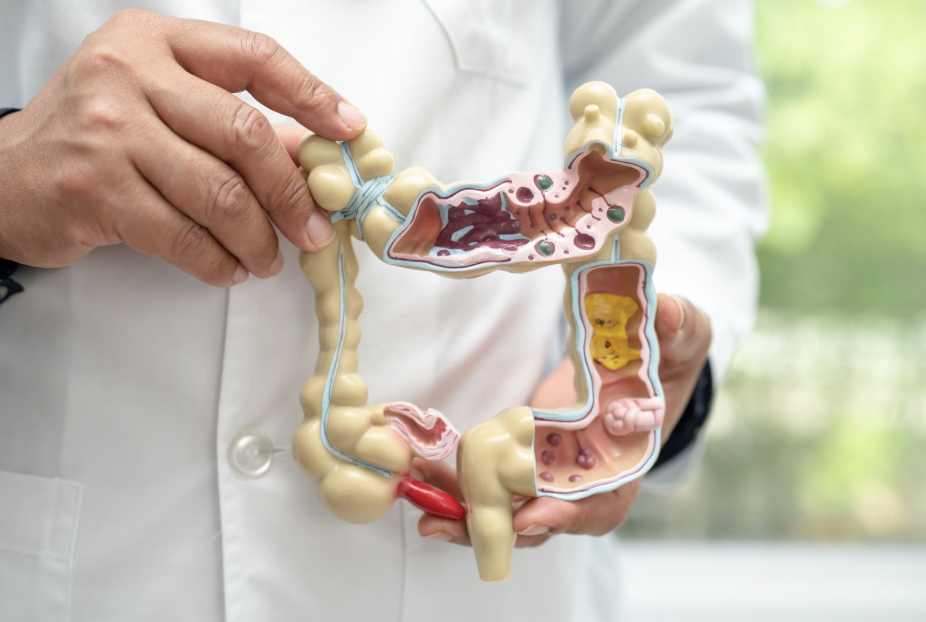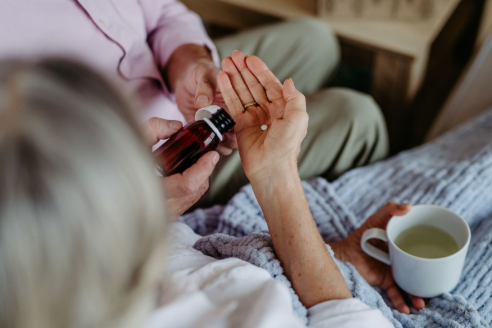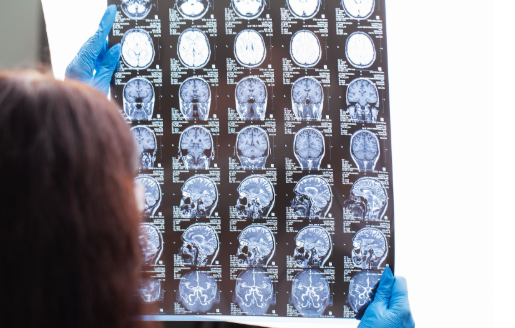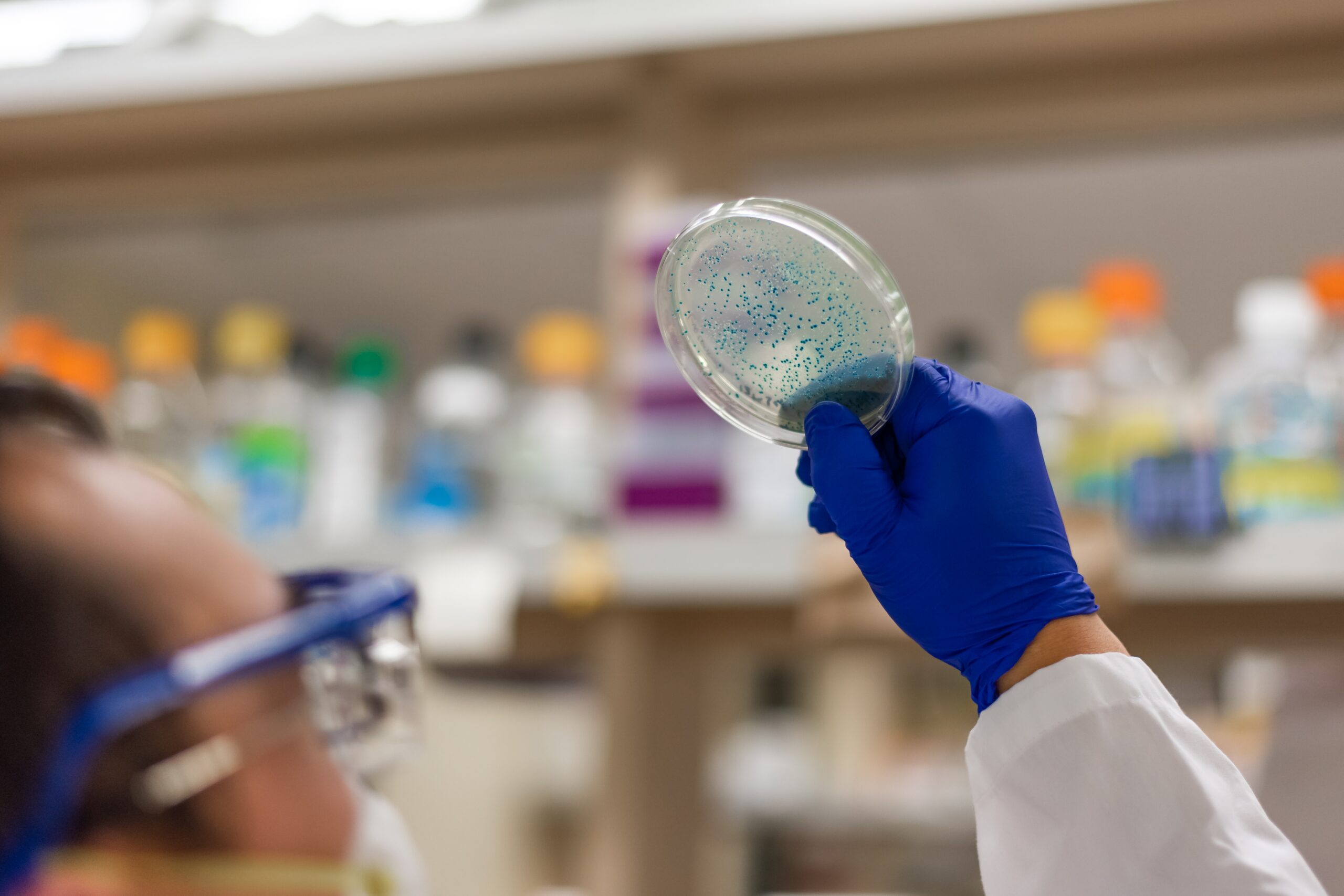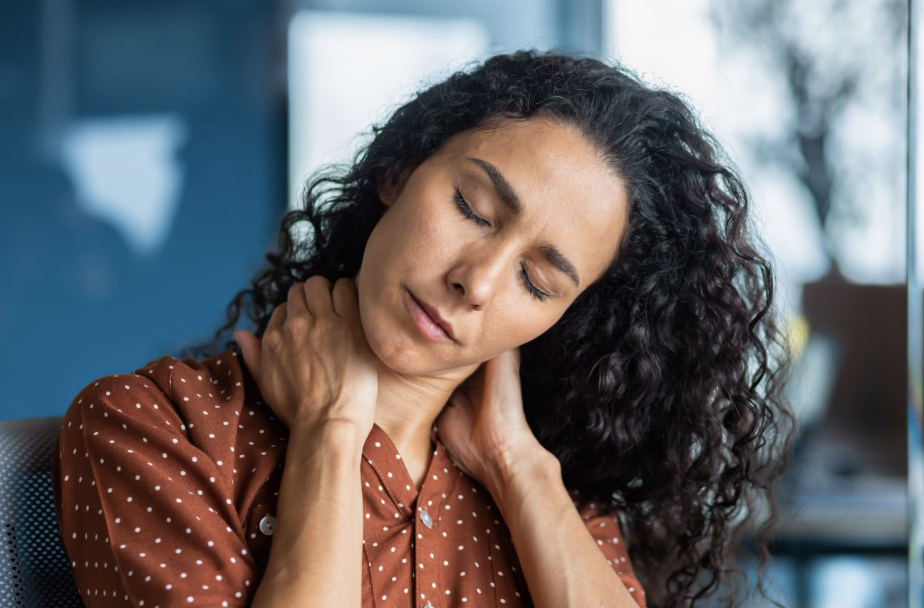
If you’re reading this, chances are you or someone you love is living with fibromyalgia. Maybe you’ve been searching for answers at 2 AM when sleep won’t come, exhausted from explaining to others that yes, you really do hurt this much, even though you don’t look sick.
Fibromyalgia isn’t just about pain; it’s about the fatigue that makes a simple shower feel like climbing a mountain, the brain fog that steals your words mid-sentence, and the isolation of living with an invisible illness in a world that judges by appearances. Here’s what I’ve learned in my practice: while fibromyalgia is incredibly complex, involving your immune system, hormones, sleep patterns, and more, complexity doesn’t mean hopeless.
That’s what we’re going to explore together, not just what fibromyalgia is, but why it happens, how it affects your body at the cellular level, and most importantly, what we can actually do about it. We’re going to talk about getting back to normal physiology, supporting your immune system, understanding the hormone connection, and exploring natural treatments that work with your body rather than against it. You deserve more than just fibromyalgia symptom management; you deserve to understand what’s happening in your body and to have real options for healing.
The History of Fibromyalgia
1592: Fibromyalgia disease was first reported in the Liber de reumatismo, in which Guillaume de Baillou described muscle pains that he termed “rheumatism”.
1815: William Balfour mentioned a “special pain in muscles and joints” and called it “fibrositis”.
1880: Psychologist Beard described the combination of fatigue, generalized pain and psychological disorders and coined the term “neurasthenia”.
1904: Pathologist Ralph Stockman described inflammatory processes in which the fibrous and intramuscular walls in biopsies from patients affected by what was known as chronic rheumatism.
And yet why don’t we have more answers?
Fibromyalgia Pain
Fibromyalgia is characterized by chronic, widespread musculoskeletal pain and associated fatigue, sleep disturbances, and other cognitive and somatic symptoms. For many patients, these symptoms persist for years and lead to frequent health care use. For some, fibromyalgia symptoms can be debilitating. Their biggest accomplishment for the day may be taking a shower. Many patients “look” normal, so it can be hard for those around them to understand how ill they are. The disease can be so isolating.
Sufferers describe things like internal tremors or shaking or even electric nerve-like sensations. Fibromyalgia symptoms are described as tightness, soreness, tension, inflammation, swelling, weakness, feeling off balance, just to name a few we can associate with. These feelings can affect mobility, being able to work, focus, parent, or be present with family. Many folks with fibromyalgia feel numb emotionally since it can be hard to find someone to relate to what they are going through or give them hope of treatment options. They swing from “I got this: to “I can’t do this anymore.”
Contributing Factors of Fibromyalgia
- Genetic
- Environmental
- Hormonal
- Neural
- Immunological
- Infectious
Certain infections, such as Epstein-Barr virus, parvovirus, brucellosis, and Lyme disease, seem to especially correlate with Fibromyalgia. No specific cause is identified in the vast majority of patients. The immune system’s ability to manage, adapt, and function plays a huge role in helping patients to feel better.
Immune System Disorder
Autoimmune connections have been found with positive ANAs, positive rheumatoid factor, as well as others. Inflammation involves the immune system trying to take care of something by calling macrophages and T cells to the area, which will cause cytokine and chemokine activity. We often think of the immune system as weak or overactive, but it is a balancing act, and accessibility. When the immune system makes changes, it takes time for the action to balance out. Cells may not always have permission or access to the tissues where they need to go to adequately take care of the problem. The immune system is quite complex, and if there are too many infections or exposures or such, it can become overwhelmed and confused about who the real enemy is. Often, we can correct this, but it takes many steps and patience.
Am I Getting Better?
Patients try to measure whether they are getting better by what they are taking, and that can be hard to measure, both because the body gets stuck in patterns of pain signals that continue, and it just takes time for signals to be changed. Lab testing and physical exams can be helpful in understanding progress, especially if there are any inflammatory markers. Obstacles to cure can be things that hold the body back from making progress, and I often have conversations with patients about what these obstacles for them might be.
The Hormone Connection in Fibromyalgia
Characteristically, in fibromyalgia, there is dysfunction of the hypothalamic-pituitary-adrenal axis. This affects the adaptive response, with alterations in the levels of corticotropin-releasing hormone, over-production of adrenocorticotropic hormone (ACTH), and a fall in cortisol level. Melatonin secretion falls during the night, and this may contribute to poor sleep quality, daytime fatigue, and increased perception of pain.
Recently, a urinary metabolite associated with the melatonin secretion known as urinary 6-sulfatoxymelatonin (aMT6s) was found in greater quantities during daytime hours in subjects with major depression and fibromyalgia in comparison with healthy subjects. This shows how the interruption of melatonin secretion is positively correlated with clinical symptoms.
Sleep and Fibromyalgia
Recently, a urinary metabolite associated with the melatonin secretion, known as urinary 6-Sulfatoxymelatonin (aMT6s) was found in greater quantities during daytime hours in subjects with major depression and fibromyalgia in comparison with healthy subjects. This shows how the interruption of melatonin secretion is positively correlated with clinical symptoms. Sleep alteration commonly occurs with fibromyalgia, affecting more than 90% of patients. The slow waves are reduced during sleep, and α intrusion has been identified, together with a prominent α frequency rhythm (7-12Hz) in patients with fibromyalgia during NREM sleep.
Treatment for Fibromyalgia Pain
Numerous treatments are available for managing fibromyalgia that are supported by high-quality evidence. These include nonpharmacological therapies (education, exercise, cognitive behavioral therapy) and pharmacological therapies (tricyclics, serotonin norepinephrine reuptake inhibitors, and gabapentinoids).
Unfortunately, the conventional medical therapies that target this pathology produce limited benefits. They remain largely pharmacological in nature and tend to treat the symptomatic aspects of various disorders reported by the patient. The statistics, however, highlight the fact that 90% of people with fibromyalgia also turn to complementary medicine to manage their symptoms.
We have put a lot of energy into explaining the pathology. Leaning toward normal physiology and getting back to normal physiology is the most effective approach in my office. For example, fibromyalgia patients have higher oxidation than the normal population. How might we be able to change that to a more normal oxidation level?
Natural Treatments For Fibromyalgia Pain
Fibromyalgia treatment with antioxidants and vitamins, in addition to antidepressants and structural analogs of gamma-aminobutyric acid, was able to change the florid symptoms of fibromyalgia patients [281]. Certain groups of bioactive compounds derived from medicinal plants have also demonstrated analgesic activity and antioxidant properties with respect to fibromyalgia pain: these include essential oils [282], extracts [283], monoterpenes [284], sesquiterpenes [285], and alkaloids, which are found in herbs.
Oxidative stress, mitochondrial dysfunction, multivitamin deficiencies, and a disproportion between oxidants and antioxidants are interesting commonalities we see in fibromyalgia patients. Understanding the cause behind these trends and applying it to the individual’s needs as well as the ability to tolerate treatment (since many are sensitive), involves creativity and curiosity about how the individual experiences fibromyalgia.
Managing Fibromyalgia
Ready to explore a personalized approach to your fibromyalgia? Dr. Shannyn Fowl at Journey of Health specializes in getting to the root causes of chronic pain and supporting your body’s natural healing processes. Schedule a consultation today to discuss how we can help you move from just managing symptoms to truly healing.







